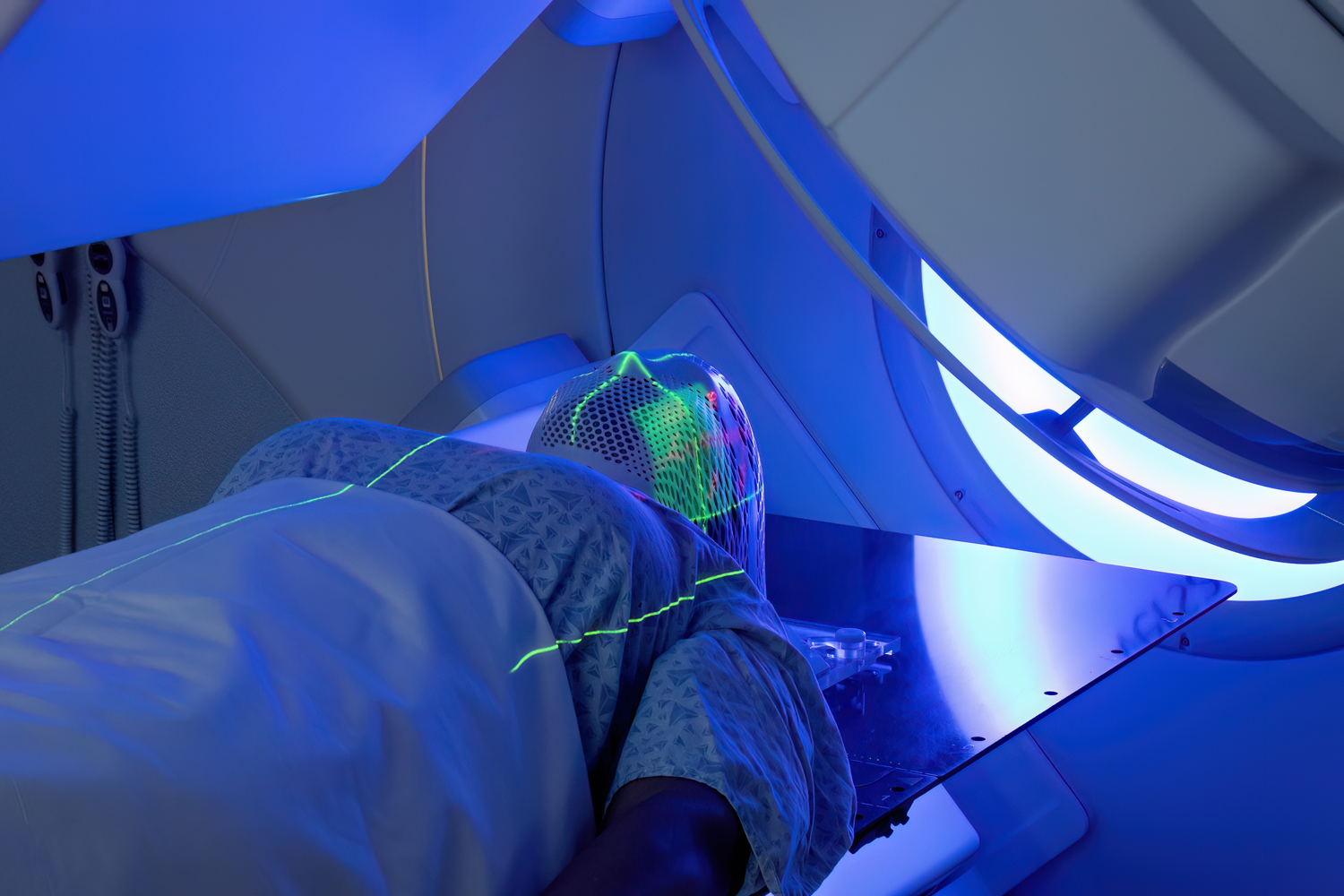Every week, the editors of Cancer Today magazine bring you the top news for cancer patients from around the internet. Stay up to date with the latest in cancer research and care by subscribing to our e-newsletter.
Fading Use of Radiation Therapy
Radiation, a pillar of modern cancer treatment, has been used in patients for more than a century, but recent advances in medicines, surgery and imaging are leading doctors and researchers to discover they may be able to give patients less radiation or omit it entirely, STAT reported on Aug. 15. “We can do better surgeries, better supportive care, better chemotherapy, more effective chemotherapy. We have better scans to stage people properly and better molecular tests,” Michael Cecchini, an oncologist who treats gastrointestinal cancers at the Yale Cancer Center in New Haven, Connecticut, told STAT. “That’s when we can start going back to the drawing board and instead of adding on something new to cure more people, asking if we can modify what we’re doing to reduce the toxicity.” The ability to reduce radiation therapy varies by cancer type and where the tumors are located. When certain cancers, including lymphoma, breast cancer and thyroid cancer, are considered low-risk, forgoing radiation has little or no difference on patient outcomes. But for other cancer types, including those that have a high-risk of recurrence, radiation is still an important tool.
What We Know and Don’t Know About Blood Tests That Detect Multiple Cancer Types
Blood tests that promise to detect dozens of cancers are already on the market with more on the way, but hopes for these tests, called multi-cancer early-detection (MCED) tests, are tempered by concerns. In an Aug. 11 report in KFF Health News, researchers shared concerns about the lack of rigorous studies into MCED tests’ effects on survival and the risk that such broad surveillance could lead to overdiagnosis. Grail, the biotech company that created the first MCED test on the market, is lobbying Congress to allow Medicare to cover the test, which would open it for even wider use. The article says skeptics are concerned test will identify cancers that would never otherwise have grown or caused a problem in people who have no symptoms, setting off a sequence of ultimately unnecessary testing and treatment, with their harmful effects. “It’s not enough to say you find cancer,” Philip Castle, cancer prevention director at the National Cancer Institute, told KFF Health News. “The question is, can we find cancer and save lives? We also want to know about the harms associated with this—false negatives and false positives—and whether the test works equally well in all populations.”
More Evidence Points to Increased Cancer Rates Among Young People
A study published Aug. 16 in JAMA Network Open found an increase in the rate of cancer diagnoses in young people in the U.S. Cancer has long been a disease associated with aging, but researchers have noticed a concerning rise in the frequency of early-onset cancers—cases of cancer that are diagnosed before age 50. This study analyzed data from the National Cancer Institute Surveillance, Epidemiology, and End Results program to characterize patterns of early-onset cancers diagnosed from 2010 to 2019. The study found a 1% rise in the overall incidence of early-onset cancers during the study period. But the most pronounced increase was observed in people in their 30s, who experienced a 19.4% jump in the rate of cancer diagnoses over the ten-year period, the Washington Post reported. The increases also varied by type of cancer, with gastrointestinal cancers rates rising the fastest, growing 15%. The cause for the increases is not well understood. “This is a population that has had less focus in cancer research and their numbers are getting bigger, so it’s important to do more research to understand why this is happening,” Paul Oberstein, director of the gastrointestinal medical oncology program at NYU Langone’s Perlmutter Cancer Center in New York City, told the Post. Oberstein was not involved in the study. Though the trend is concerning and being closely watched, experts say that cancers in younger adults still represent a relatively small portion of overall cancer diagnoses.
Cancer Today magazine is free to cancer patients, survivors and caregivers who live in the U.S. Subscribe here to receive four issues per year.





